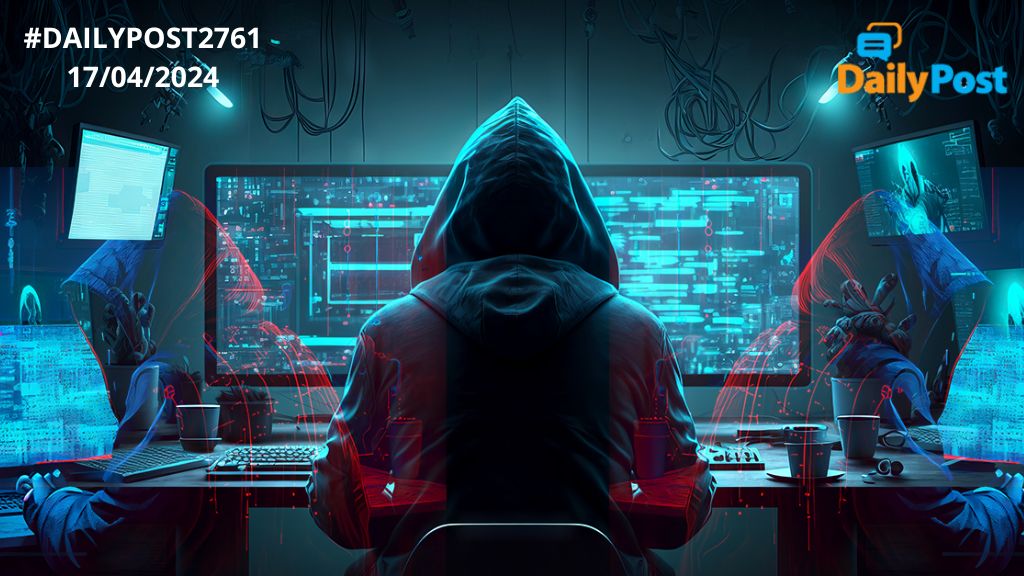DailyPost 2761
DOXXING?
As the world metamorphoses into a fully enabled tech world and the gap between the two worlds gets more and more morphed to one cyber-physical synthesized world, new ways of crimes, new crimes and social aberrations are bound to increase. Doxxing is one of those. What does it entail? In simple terms it is the “revelation of a person’s private information online” without their consent. The intention behind it is malicious. This word is derived from the phrase “dropping documents” Practiced by hackers, it is the practice of finding someone’s information and posting it online. Anonymous, a hackers collective, is credited to have popularised it.
The information for sure pertains to personally identifiable information, beyond generic, which might put the person at risk, loss of privacy or shame or any other similar repercussions. If we go by its history, the term has been used for the aggregation of this information from public databases / social media websites with previously obtained private information through fraudulent means. This combination and the digital narrative thus created would be detrimental to the victim. Doxxing may be carried out for reasons of online shaming, extortion and vigilante aid to law enforcement.
The term dox as per Mat Honan, a contributor to Wired, was “an old-school revenge tactic that emerged from the hacker culture in 1990’s.” As hackers operated outside the purview of law, this was used as a breach of an opponent’s anonymity as “means to expose opponent to harassment or legal repercussions.” From the tool for the purposes enumerated above, it has transitioned into a full-fledged public domain naming and shaming tool. Doxxing comes with a negative connotation, as it can be a means of revenge via violation of privacy.
As per a survey, 16% of the respondents from the dating apps, have suffered doxxing because of them. In 2018, a study on intimate partner violence, 28 out of 89 participants reported the exposure of the victim’s private information. India cyber crime law as usual lags behind the developments of the age. There is no law in place to prevent and/or punish doxxing in India. Action can alternatively be taken voyeurism and various other sections somehow related to this offence /aberrant activity. Suffice to say sharing of sensitive and previously private information such as personal photos etc potentially exposes the victim to further harassment. It could also end up in “real life threats including stalking” and unwanted encounters in person.
WITH NO CLEAR LEGAL PROTECTION AVAILABLE, WE STILL HAVE TO GAUGE THE TRUE DEVASTATING NATURE OF DOXXING.
Sanjay Sahay
Have a nice evening.

